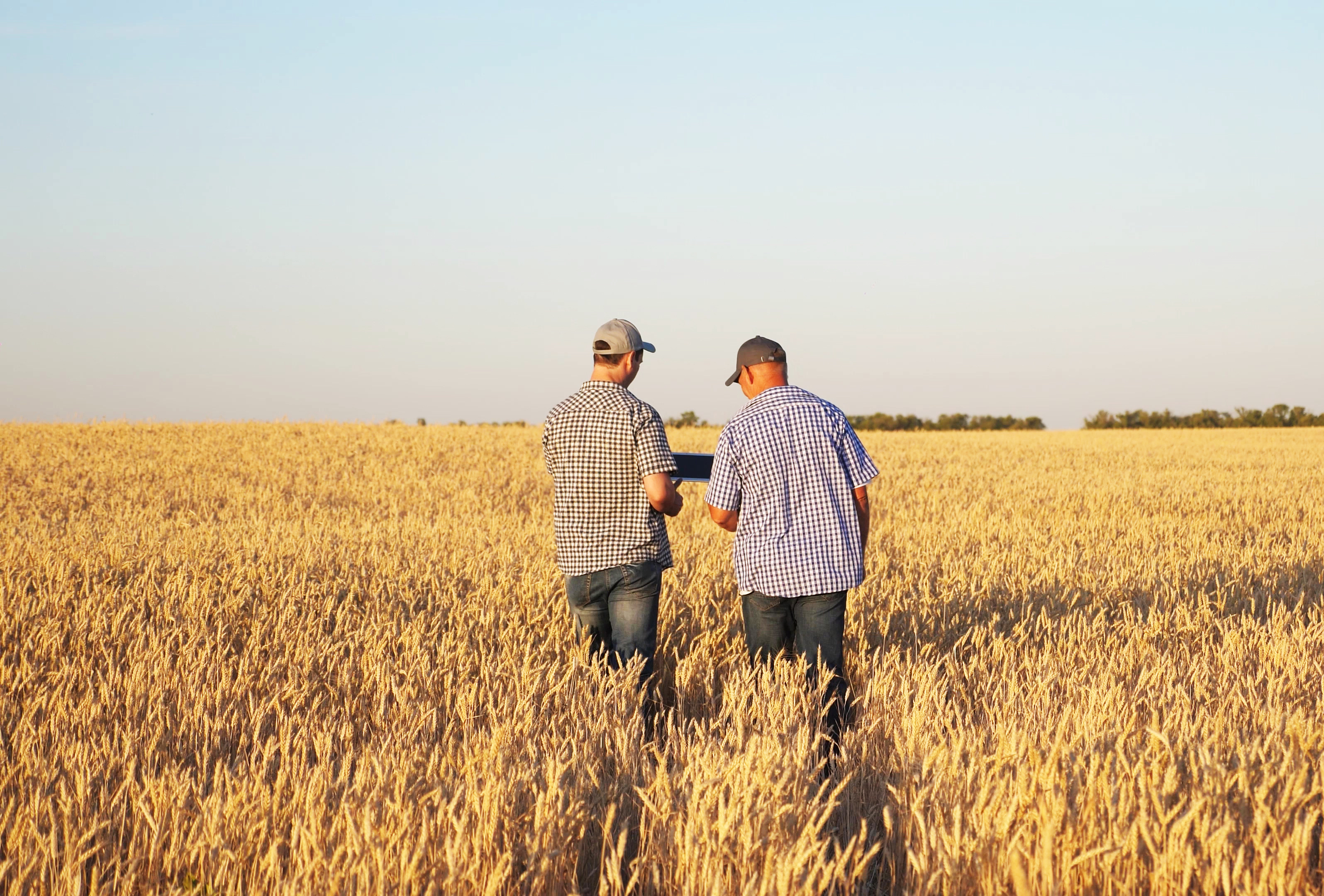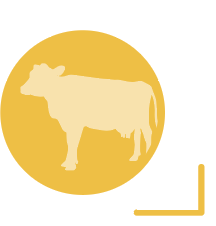Growing Global Population, Rising Average Incomes and Decreasing Arable Land

Duxton’s investment philosophy is to identify and capitalise on macroeconomic thematics through fundamental active management. In the case of agriculture, the investments Duxton undertakes are an outcome of our core thesis that demand for agricultural commodities will increase substantially over the long term, underpinned by the convergence of multiple megatrends: increasing world populations, rising average incomes, climate change and declining global arable land.
Resilience to the Economic Cycle
Duxton seeks to build resilient companies which create value independently of short-term fluctuations in economic conditions. As we are late in the global economic cycle, it is an undervalued defensive sector that has substantial upside.
Farmland has proven to be a reliable store of value in times of economic turmoil and has returns that exhibit low correlation when compared with traditional asset classes. Agriculture offers key diversification and risk management to investors in what we believes is a late stage of the economic cycle. In such an environment, investments in well-priced, productive agricultural assets should generate long-term sustainable returns and capital appreciation over time.
|
 |
 As GDP per capita and incomes rise in emerging markets, people consume higher value foods, such as meat and dairy, as they become wealthier As GDP per capita and incomes rise in emerging markets, people consume higher value foods, such as meat and dairy, as they become wealthier |
 There are estimated to be
There are estimated to be